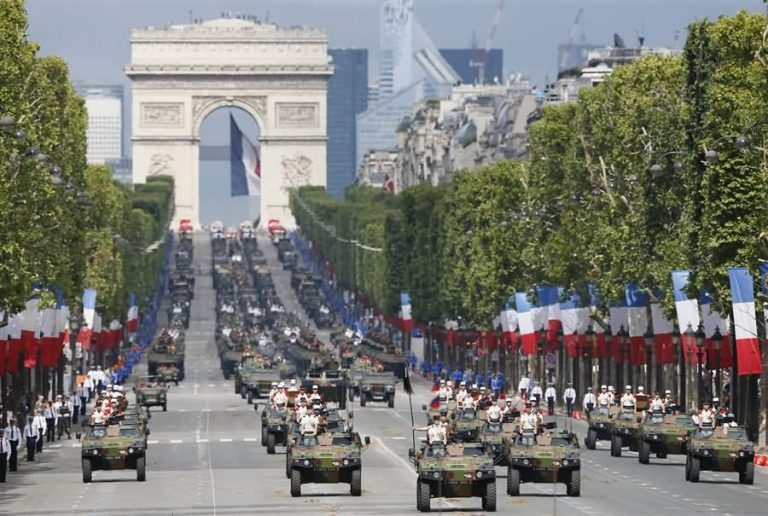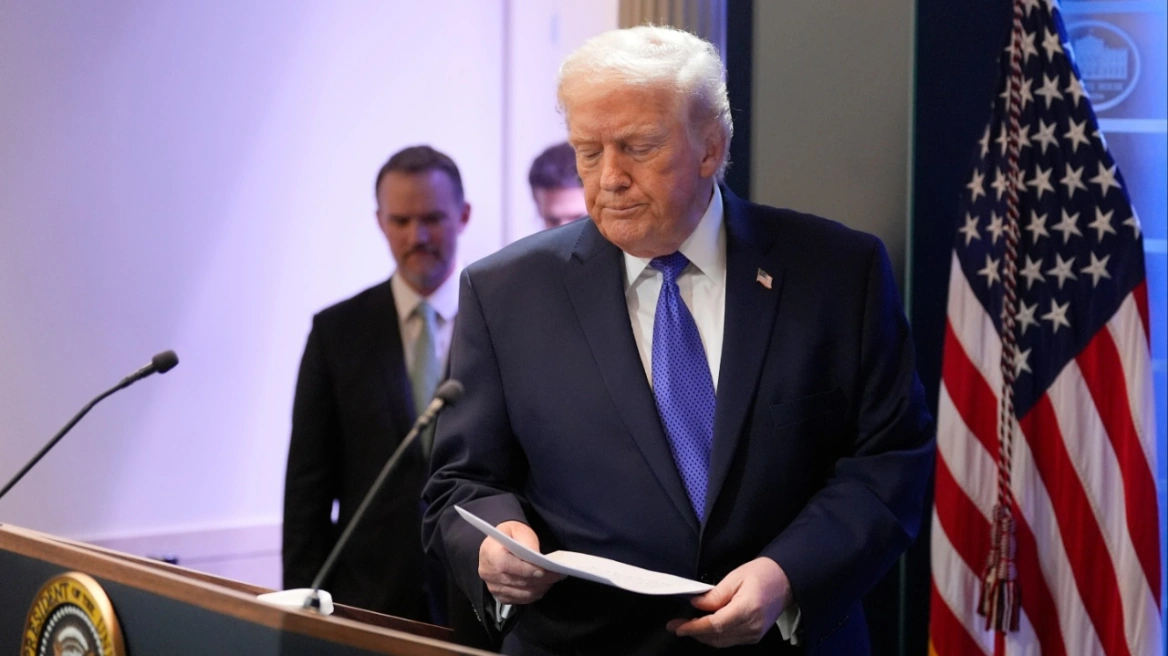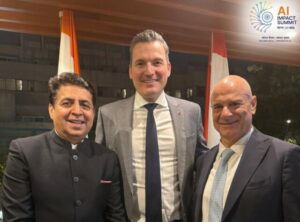Security has been tightened ahead of a weekend that France hopes will bring back-to-back celebrations of Bastille Day on July 14 and a victory in the 2018 World Cup final, with 110,000 members of the security services deployed across France.
Paris Police Chief Michel Delpuech earlier this week announced that 12,000 officers and 3,000 rescue workers would be mobilised in Paris and its suburbs for France’s national day on Saturday and on Sunday, when France meets Croatia for the World Cup final match in Moscow.
Around 110,000 law enforcement officers will be deployed across France.
“Everything is being done so the French can live these festive moments with peace of mind, despite the terrorist threat which remains at a high level,” Interior Minister Gérard Collomb said at a press conference ahead of the weekend.
Saturday’s pomp-filled Bastille Day military parade down Paris’s Champs-Élysées suffered a couple of glitches, as two police motorcycles crashed during a performance and there was an apparent colour miscalculation in the blue-white-and-red smoke sprayed by fighter jets zooming over the capital’s skyline.
Overall however, the event was about celebrating France’s security forces. While thousands paraded through central Paris, around 110,000 others fanned out around the country to protect Saturday’s celebrations, on alert after a Bastille Day truck attack in 2016 in Nice.
Macron presided over the Paris parade, which commemorates the storming of the Bastille prison in Paris on July 14, 1789, and the beginning of the French Revolution. Macron signed a new military budget on the eve of Saturday’s parade aimed at lifting defence spending to 2 percent of gross domestic product, as promised to NATO.
Singaporean Prime Minister Lee Hsien Loong was the guest of honour at Saturday’s Paris events, and troops from Singapore joined the parade. Last year’s main guest was Trump, who later said he wanted to stage a similar parade in Washington.
In addition to military units marching in the Paris parade, participants included rescue workers who helped French Caribbean territories devastated by hurricanes last year. Popular French astronaut Thomas Pesquet was to be among the pilots flying warplanes for the overhead show.
Security measures for Saturday’s events include limits on alcohol and fuel sales in Paris and other big cities, and stepped-up identity checks.
‘Real terror threats’
Bastille Day celebrations will be followed the next day by public viewings of the World Cup, including at a massive fan zone around the Champ de Mars park near the iconic Eiffel Tower. Around 4,000 police officers will be deployed around that park, where an expected 90,000 fans will gather to watch the match on giant screens.
The measures come exactly two years after a truck, driven by an Islamic State (IS) group sympathiser, rammed into a crowd watching the July 14 celebrations in the southern French city of Nice, killing 86 people. Paris has also experienced a number of attacks as well as foiled bomb plots following the January 2015 “Charlie Hebdo attacks”.
“Let’s never lose sight of the fact that we’re living in a context of very real terror threats. Our goal is to ensure that these events take place without any problem,” said Delpuech.
Security measures at public World Cup viewing sites would mirror those put in place during the 2016 UEFA Euro tournament, which France hosted months after the deadly November 13, 2015, Paris attacks.
Monitoring access points
The French interior ministry has given clear instructions to town and city authorities: open-air broadcasts of the match may only take place in areas where entry points can be heavily monitored.
In the eastern French city of Lyon, up to 20,000 football fans are expected on the famous Place Bellecour, which will be completely sealed off for the match. Vehicles will be prohibited around the site with anti-vehicle blocks set up at each entrance.
These are now standard measures in a country that has been exposed to terror threats.
“There’s no such thing as zero risk,” said a Lyon resident. “But I think the authorities know what they’re doing, and will do whatever’s necessary.”
Source: france24
Ask me anything
Explore related questions





